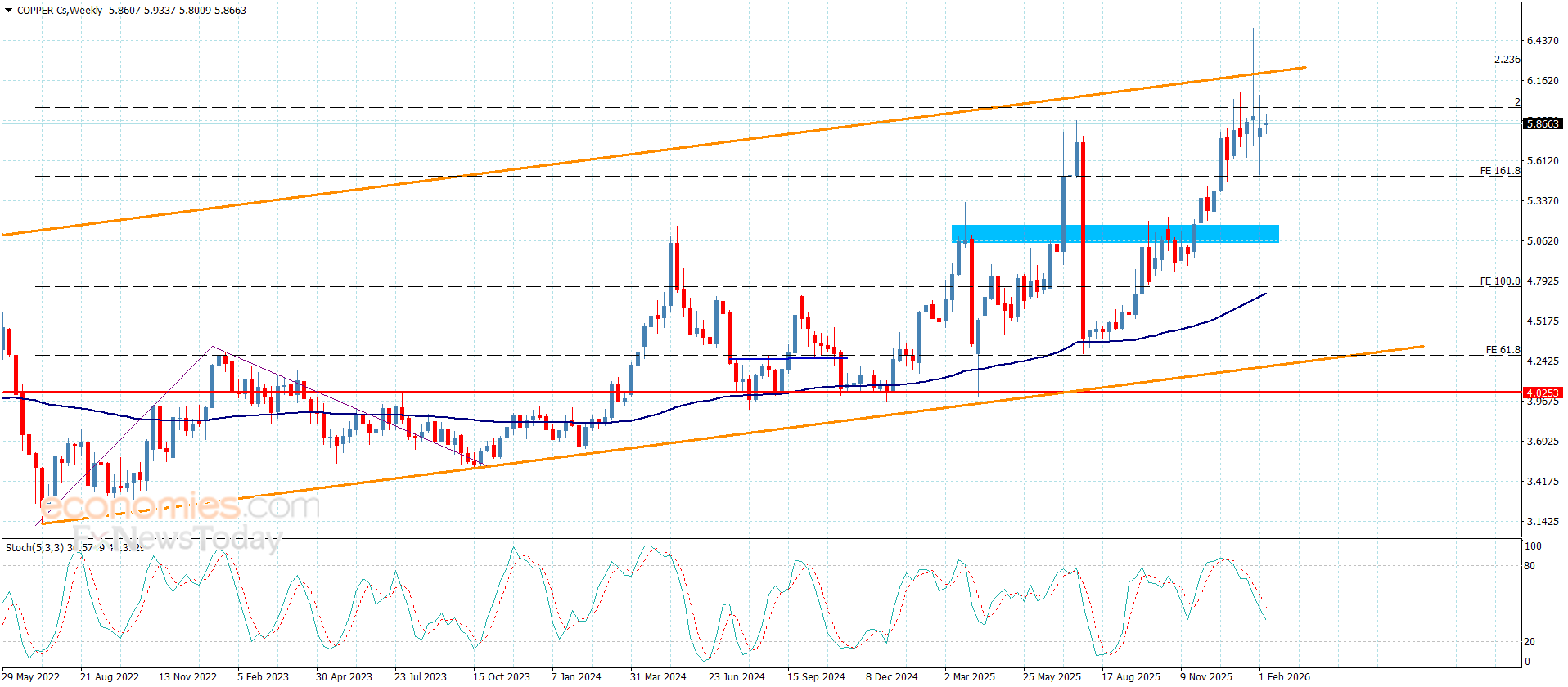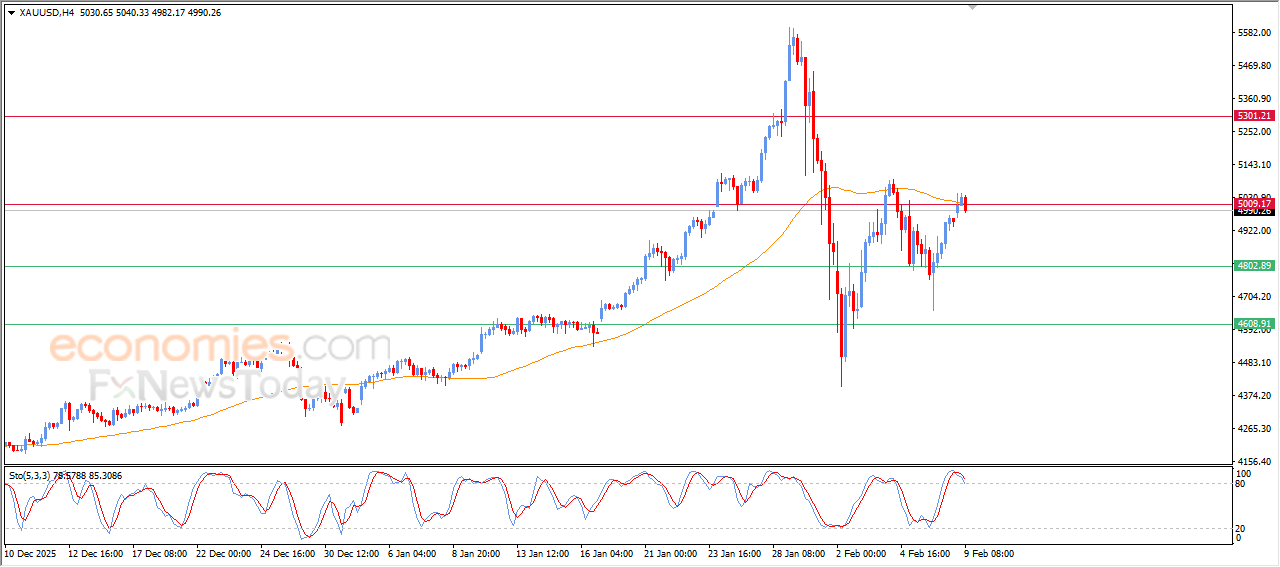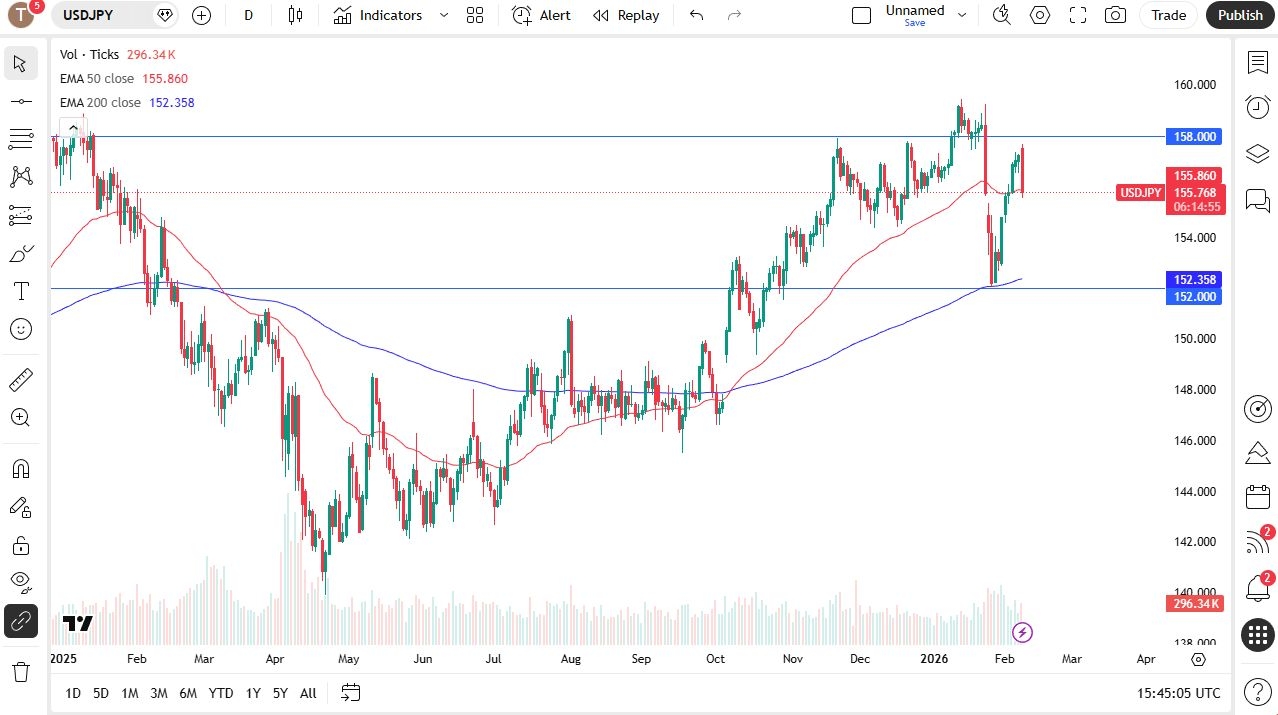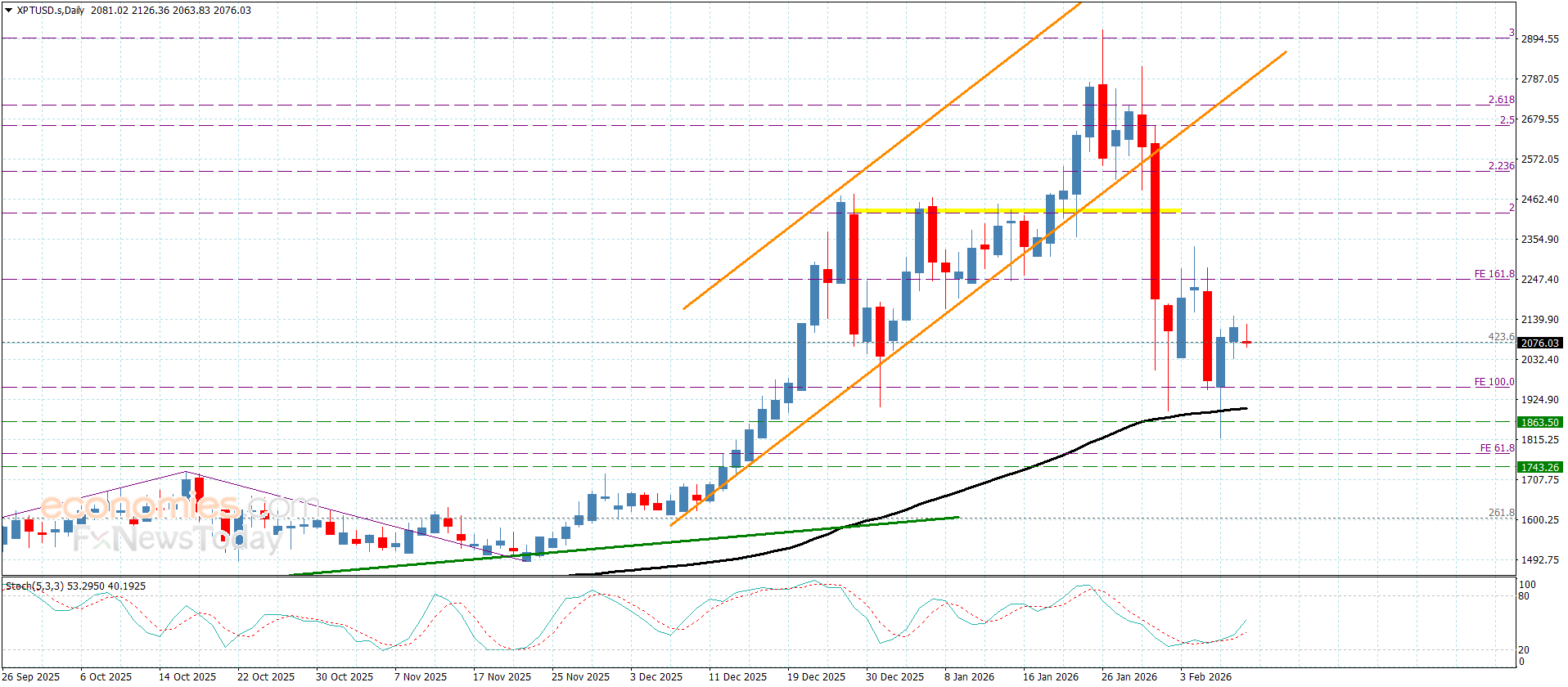DeFi at Inflection Point as Blumberg Compares to ETF Rise
Jürgen Blumberg, the newly appointed chief operating officer of DeFi platform Centrifuge, has drawn a compelling analogy between the evolution of exchange-traded funds (ETFs) and the current trajectory of decentralized finance. With over 20 years of experience in traditional finance—spanning roles at institutions like Goldman Sachs, Invesco, and BlackRock—Blumberg sees DeFi at a similar inflection point to the early days of ETFs, which eventually overtook mutual funds in market share [1]. He describes this as “DeFi’s ETF moment,” a period where the sector is transitioning from niche experimentation to mainstream adoption.
Blumberg’s move to Centrifuge marks a significant shift from traditional financial systems to decentralized models. Centrifuge operates by tokenizing real-world assets (RWAs) and enabling them to be used as collateral in decentralized lending protocols. This approach blends the trust and tangibility of traditional assets with the efficiency and accessibility of blockchain. According to Blumberg, DeFi is not just about volatility or speculation—it is a structural innovation with the potential to address long-standing inefficiencies in traditional finance, such as high costs, limited access, and slow transaction times [1].
The COO emphasizes that DeFi’s infrastructure is rapidly evolving to offer 24/7 market access and transparency. He highlights the similarities between DeFi and traditional finance: total value locked (TVL) is equivalent to assets under management (AUM), liquidity pools function like exchanges, and derivatives exist on both sides of the market. The key difference, he notes, is how these systems are structured and governed [1].
Blumberg also draws a distinction between token types, warning against viewing all tokens as equal. He references an old ETF industry adage—“not every ETF is created equal”—and applies it to the tokenization space. Some tokens represent derivative structures not fully backed by the underlying asset, while others, such as Centrifuge’s fund tokens, are fully collateralized. This nuance, he argues, is essential for investors seeking to understand the risk profiles of different DeFi instruments [1].
Regulation, according to Blumberg, is a global race rather than a regional effort. While the U.S. is currently leading in regulatory progress, Europe—particularly Luxembourg and Switzerland—and Asia—specifically Hong Kong and Singapore—are also making strides. The EU’s Markets in Crypto-Assets (MiCA) framework and the growing number of ETP issuers in Switzerland highlight the competitive landscape shaping the global DeFi environment [1].
Centrifuge itself is on the verge of a major milestone, with total value locked approaching $1 billion. The platform has secured partnerships with major players like S&P and is poised for continued growth. Blumberg’s confidence in Centrifuge’s future stems from its ability to combine traditional finance principles with the agility and innovation of DeFi [1].
For Blumberg, the decision to leave large financial institutions came down to where he believed the next wave of innovation would emerge. While incumbents have the resources and infrastructure, he is convinced that agile startups will drive the next decade of financial transformation [1].
Source: [1] Centrifuge COO Jürgen Blumberg: “DeFi Is Having Its ETF Moment” (https://cryptonews.com/exclusives/centrifuge-coo-jurgen-blumberg-defi-is-having-its-etf-moment/)
Source link
Written by : Editorial team of BIPNs
Main team of content of bipns.com. Any type of content should be approved by us.
Share this article:










